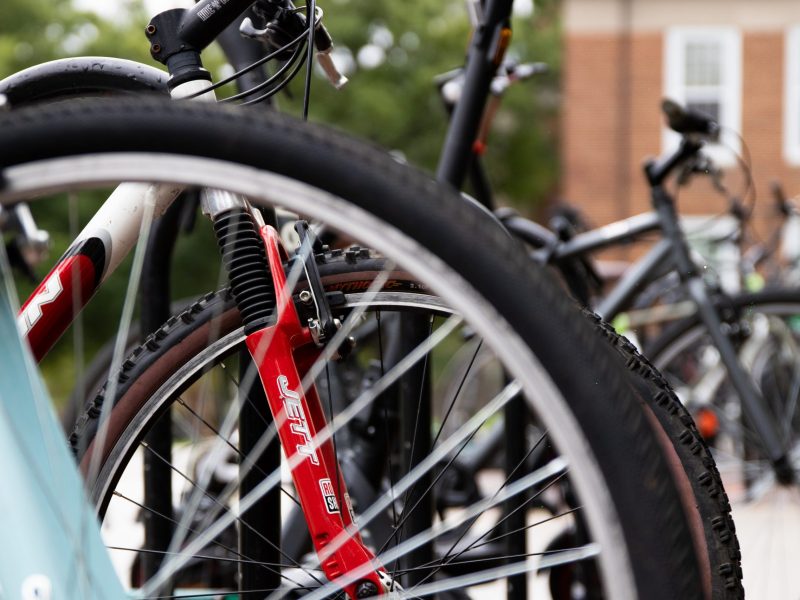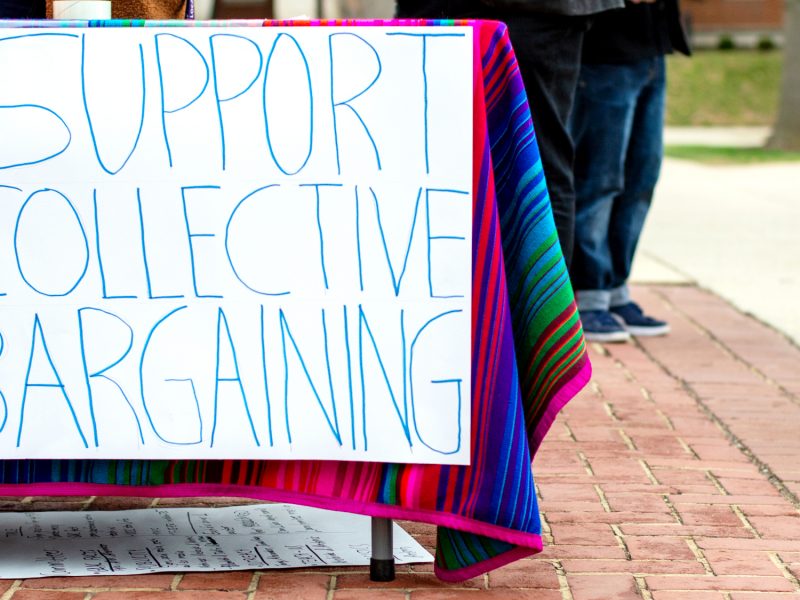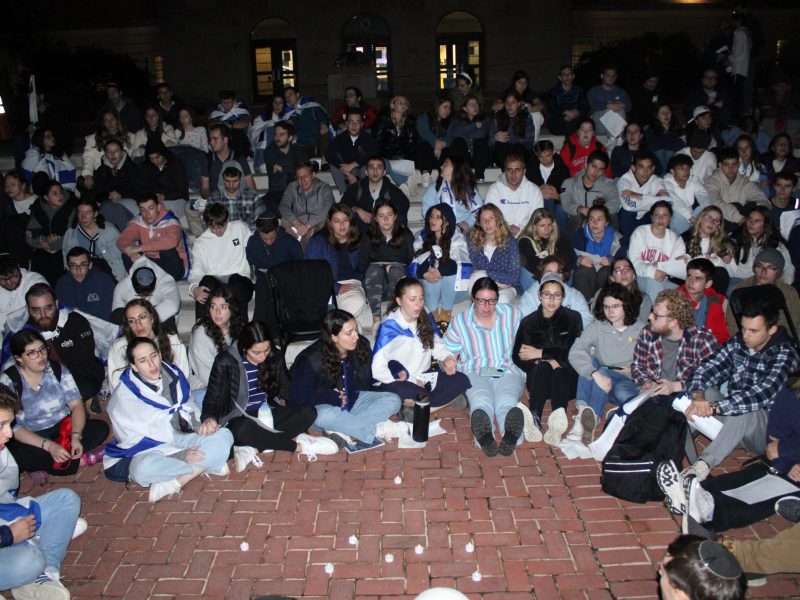For many University of Maryland students, November will mark the first time they cast a ballot in a presidential election. In just a few weeks, students will be lined up outside Stamp Student Union or Ritchie Coliseum to pull a lever that will determine the course of our nation — no pressure for you first-time voters.
As a recent graduate of this university and current high school teacher in Baltimore, I’ve spent a lot of time thinking about this election and how it will be retold in my students’ history books. Fifty years from now, we will look back on this time — the segregation, the racism, the xenophobia, the inequity — and we will tell our children, and our children’s children, that we lived it.
What we say to them next is up to us. And that is why I decided to become a teacher.
As a senior at this university, I was heavily involved on campus. As president of Alpha Theta Gamma and Marylanders for Teach For America, I found myself gravitating toward a leadership role within education after graduation. I was never really too interested in politics, but I understood that without providing an excellent education to all of our students, we will never live up to the promise of our democracy. I also wanted to make an immediate impact in the lives of children that reminded me of my upbringing. Great mentors had a huge impact on my life, and I wanted to help guide the next generation of leaders.
Now that I’m a teacher, I realize the future of our country lies squarely in my classroom. Early in the year, one of my students, Raymond, asked me if attending college was hard. I couldn’t help but describe the all-nighters, the busy schedules and the endless exams. But in the end, it was all worth it because it brought me to my students. In response, he exclaimed that he couldn’t wait to be a Terp because if I made it, he could too. He also gave me his word that when he’s president of the United States, he’ll be sure to appoint me as vice president. He said the two of us together — a young gay black man and his Afro-Latina mentor — could change the world.
It’s these moments that turn my previous hope into my current conviction. Raymond, I can’t wait for that day.
I believe there will be a day when my students are the ones running for president. I know there will be a day when the Time 100 list includes Shemira, David and Tyleshia. But we have to be part of the generation making that possible.
This November, we must ensure our country’s moral arc continues bending toward justice for all. We can do that by showing our students real-world examples of leaders who look and sound like them — thanks, Obama. And secondly, we must empower our children to become the next generation of leaders.
So when we think about how this election will go down in history, we have two choices: We can tell the next generation that we lived it, and we couldn’t find the answers. That we didn’t have the courage to disrupt the systems and structures that sustain inequality and injustice. That we lived it, and we didn’t take up the challenge.
Or we can tell them that we lived it, and we changed it.
As you head into your polling place, and as you consider how you’ll make your impact after graduation, I ask you to think beyond yourself. Don’t just be a leader. Let’s create the next generation of leaders.
Sofia Vega-Ormeno is a 2015 University of Maryland graduate and Teach For America – Baltimore corps member. She teaches Spanish at Forest Park Senior High School, and can be reach at sofiamvo



